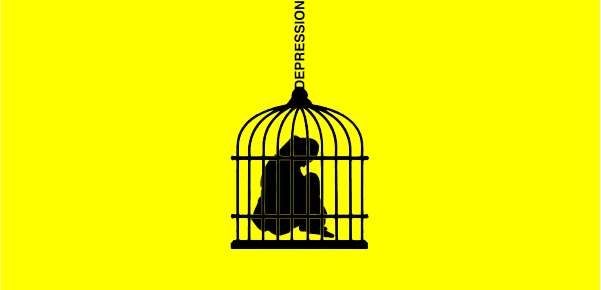ENFP INFJ
ENFP and INFJ are two of the 16 personality types in the Myers-Briggs Type Indicator (MBTI). ENFP stands for Extroverted, Intuitive, Feeling, and Perceiving, while INFJ stands for Introverted, Intuitive, Feeling, and Judging. Despite sharing some similarities in their preference for intuition and feeling, these two personality types differ in many aspects. In this article, we will explore various aspects of ENFP INFJ, including their cognitive functions, strengths, weaknesses, compatibility, and careers.

ENFP INFJ
Cognitive Functions
The cognitive functions of ENFP and INFJ are quite different. ENFPs use dominant extroverted intuition (Ne) followed by introverted feeling (Fi), extroverted thinking (Te), and introverted sensing (Si). In contrast, INFJs use dominant introverted intuition (Ni) followed by extroverted feeling (Fe), introverted thinking (Ti), and extroverted sensing (Se). The primary difference is that ENFPs focus more on exploring possibilities and expressing their authentic selves, while INFJs focus more on understanding complex systems and empathizing with others.
Strengths and Weaknesses
ENFP and INFJ have their own unique set of strengths and weaknesses. ENFPs are known for being energetic, enthusiastic, optimistic, and creative. They are great at generating new ideas, connecting people, and inspiring others. However, they may struggle with follow-through and organization, and may sometimes have scattered thoughts. On the other hand, INFJs are known for being insightful, empathetic, altruistic, and strategic. They are great at understanding people and predicting future trends, and are often driven by a strong sense of purpose. However, they may struggle with assertiveness and boundary-setting, and may sometimes become overwhelmed by emotional stress.
Compatibility
ENFP and INFJ can form a great match in a romantic relationship, friendship, or professional collaboration. They share a common interest in exploring abstract concepts and contemplating the human condition. They are great at complementing each other's strengths and weaknesses. ENFPs can challenge INFJs to be more spontaneous and flexible, while INFJs can ground ENFPs with their insight and wisdom. However, they may sometimes struggle with communication, especially if the INFJ feels the ENFP is not considering the impact of their behavior on others, or if the ENFP feels the INFJ is overly critical or dismissive of their ideas.
Careers
ENFP and INFJ are well-suited for different types of careers. ENFPs tend to enjoy jobs that allow them to utilize their creativity and people skills, such as entrepreneurship, teaching, counseling, or performing arts. INFJs tend to enjoy jobs that allow them to utilize their analytical and humanistic skills, such as counseling, writing, strategic planning, or social work. However, both personality types may find fulfillment in careers that align with their values and sense of purpose.
In summary, ENFP and INFJ are two distinct personality types with their own strengths, weaknesses, and cognitive functions. While they may share some commonality in their preference for intuition and feeling, they approach the world in different ways and may experience some challenges in their communication and collaboration. Nevertheless, with understanding and respect, ENFP INFJ can form a great match in various contexts.